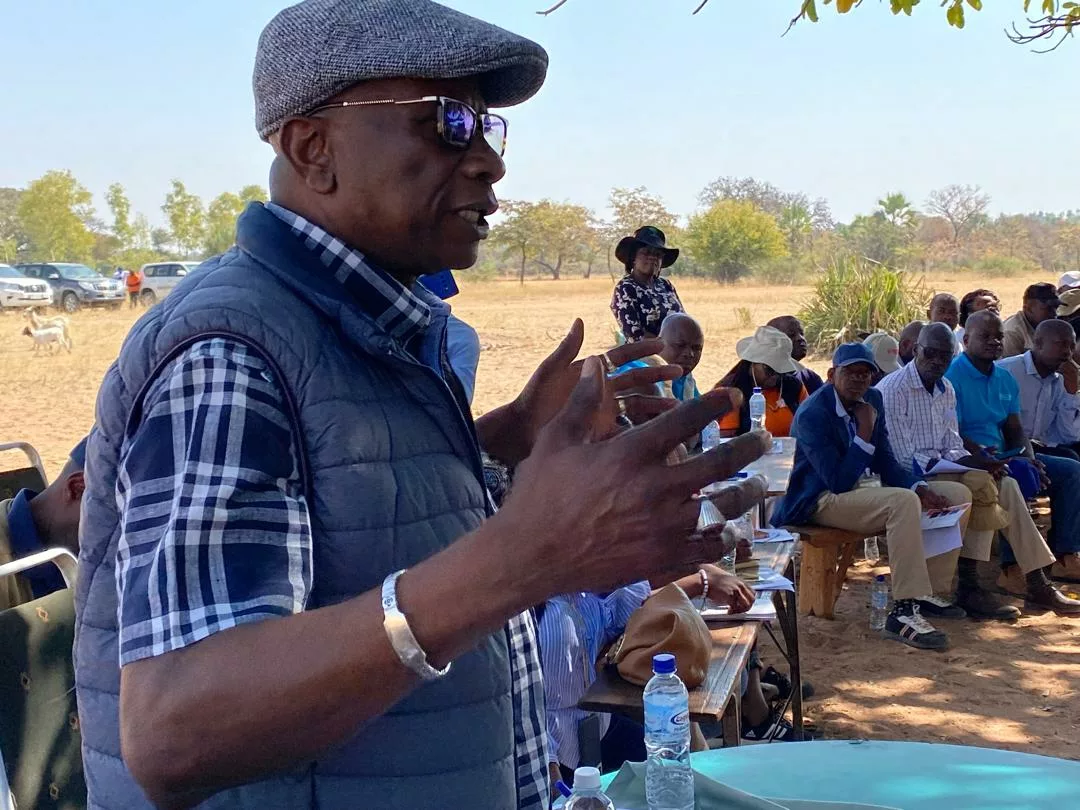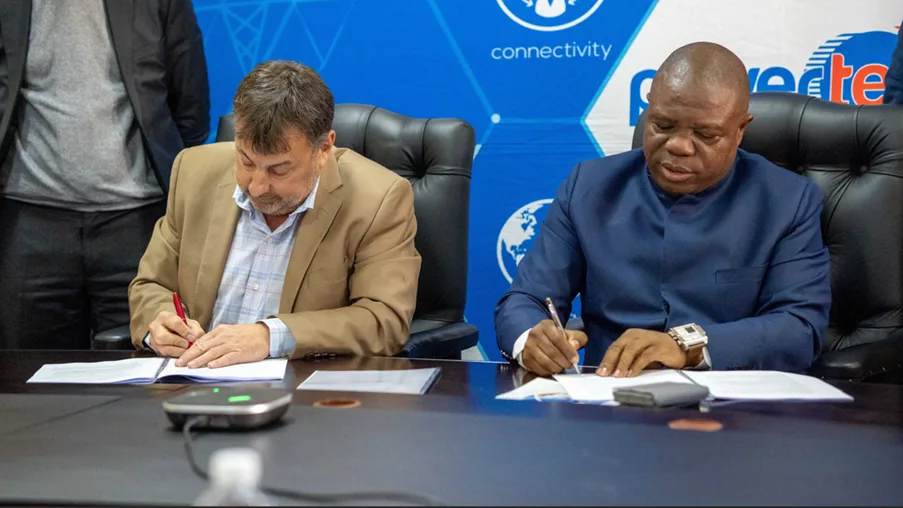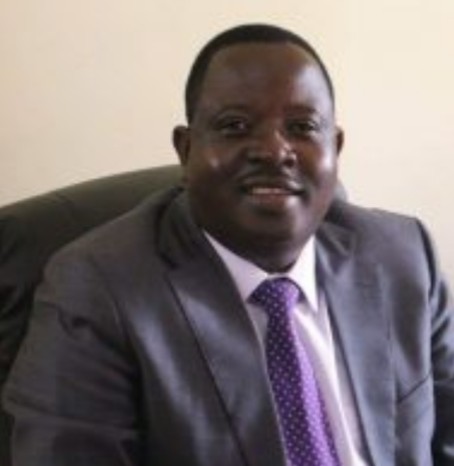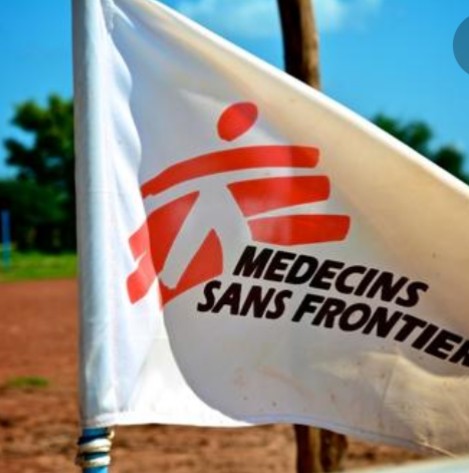|
Getting your Trinity Audio player ready...
|
The UN Resident and Humanitarian Coordinator for Zimbabwe, Mr. Edward Kallon, undertook a comprehensive two-day field visit from 23 to 24 July 2024 to Buhera District, Manicaland Province. The purpose of the visit was to oversee the execution of anticipatory action interventions funded by the UN Central Emergency Response Fund to address the impact of the El Nino-induced drought.
Before the official declaration of a state of disaster due to the El Nino-induced drought by His Excellency, the President of the Republic of Zimbabwe, proactive measures were initiated by the government, UN, humanitarian, and development partners. The Civil Protection Department of the Government of Zimbabwe spearheaded an anticipatory action plan designed collectively to alleviate the effects of drought on communities, particularly in Buhera.
The Central Emergency Response Fund allocated US$ 5 million to initiate anticipatory actions and cholera response strategies. Multiple sectors, including Food Security, Health (cholera response), Nutrition, Protection, and WASH, collaborated under the El Nino Anticipatory Action project to implement timely interventions.
During the field visit, Mr. Kallon, accompanied by senior UN officials from UNRCO, OCHA, UNICEF, FAO, UNFPA, and representatives from partner organizations like World Vision, Mercy Corps, and Musasa, toured crucial sites in Buhera district. Projects supported safe water provision by UNICEF to communities and schools, as well as FAO-backed livestock support reaching over 37,000 cattle, safeguarding livestock owners from distress sales.
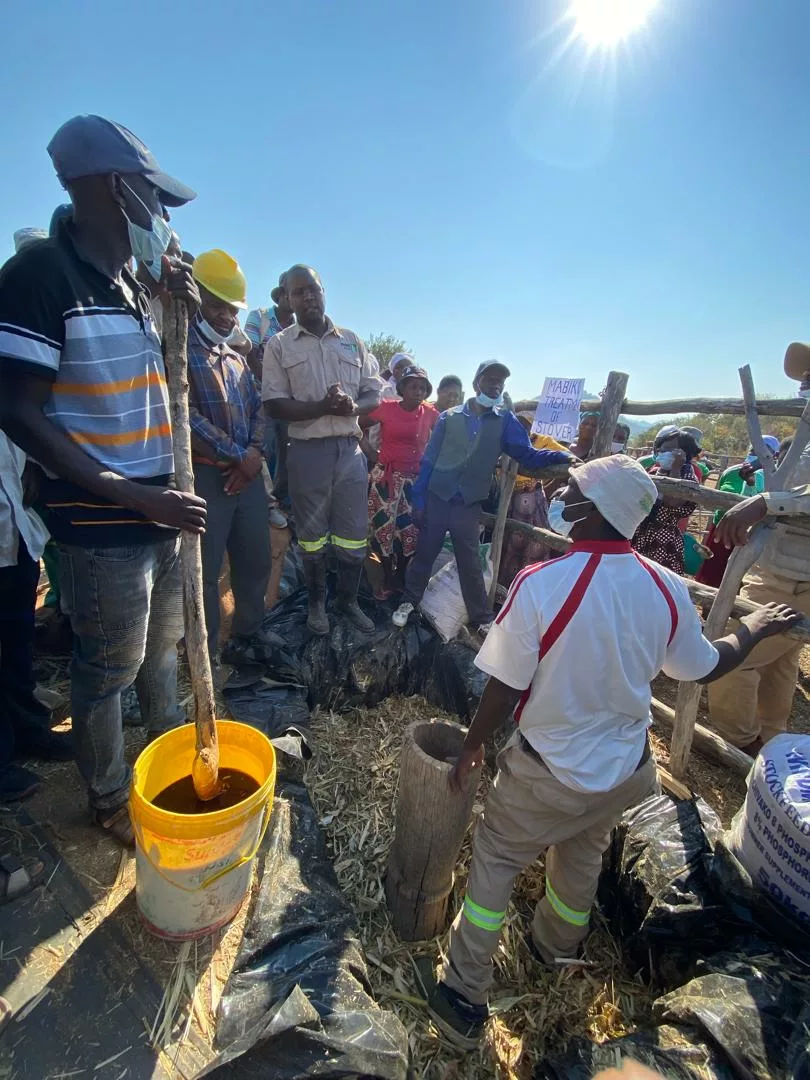
Additionally, 5,500 community members received Gender-Based Violence prevention messaging and assistance from 20 trained social and behavior change champions. They offered immediate support to 1180 survivors and directed them to further services. Overall, the ongoing UNCERF-supported projects have shown substantial progress, with about 90% completion rate and remaining activities slated for conclusion by 18 September 2024.
The main goals of the projects include mitigating the drought’s impact in severely affected districts such as Buhera, Chipinge, Beitbridge, Bikita, Chirezi, and Umguza across different affected provinces, ensuring access to safe water, combatting malnutrition, and enhancing Gender-Based Violence support for vulnerable populations affected by the El Nino-induced drought.
The success of the project is evident in various activities on the ground, such as malnutrition screenings, installation of solar-powered water systems, provision of livestock feed, and GBV prevention efforts. The joint efforts of various sectors and community participation have played a critical role in driving positive outcomes amidst challenging circumstances.
The field visit underscores the commitment of the United Nations and the humanitarian community in Zimbabwe to complement Government initiatives in proactively addressing climate-induced crises. The ongoing projects in Buhera district stand as an example of effective anticipatory action in disaster response.


